How to Spot a Fake Cultural Experience When You Travel
Traveling exposes us to different ways of life and gives us countless opportunities to learn about other cultures. But are some experiences manufactured purely for tourism? And, if so, is that ok?
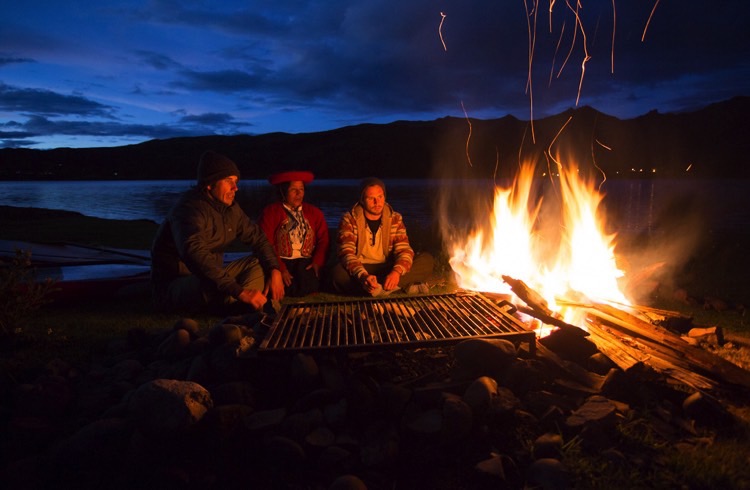 Photo © Ingolfur Bjargmundsson
Photo © Ingolfur Bjargmundsson
Getting under the skin of the places we visit is an essential part of a rewarding travel experience. But how do you know when you are experiencing the real thing or something put on for tourists? And, does that matter?
With more of us traveling than ever before, the “Disneyfication" of tourism means we inevitably tread the same paths, go on the same tours and take a selfie in front of the same view. As a result, the quest for the authentic, the unique and the original is in demand.
So, while returning home with a tale no one else can match is important to us, what this means for a community should also be a consideration. As a responsible traveler, you need to ask yourself, is this cultural experience – the traditional dance, the coming of age ceremony, the cooking demonstration – helping to keep cultures alive or are the customs of the local people being treated like inauthentic but entertaining Disney experiences?
What is a manufactured cultural experience?
A manufactured cultural experience is one that only exists for tourists, rather than reflecting the way a community or culture really live or have lived. Christian Wolters from TourRadar recalls a show that had authentic origins but was ruined by artificiality. "I experienced a desert belly dance show outside Dubai, which felt more like a Disney resort show,” he explains. “The majority of visitors were happy as the lack of authenticity escaped them. Clearly this activity only existed for the tourists."
To learn about the relevance of a cultural experience, do your research. Read reviews and customer comments, ask the tour operator questions; is it run by locals, where do the profits from the experience go, have the local people been consulted in the creation of this activity, and is the experience respectful?
Helen Abramson from Rough Guides has other suggestions: "Ask yourself what you want to get out of the experience – is it just to see people, or to meet them? To take something from them, or to share something with them?
“Find out about the community you are visiting; who are they, what is their history as well as their current situation? Will visiting them be safe and enjoyable for both them and you?"
Would it be this way without tourists?
It’s a question for the tour operator, but you also have to consider if this matters. Ana Ines Figueroa of Adventure & Landscapes says it depends on the nature of the experience. "If a ritual is sacred, it should be private," she says, "and if it’s public, it should be performed only on the proper date, circumstance or place. What is sacred should not be on sale, or expected to be, simply because it is interesting."
Rituals and other cultural experiences offered as entertainment, or as a snapshot of a culture’s history, still have their place. Cultures aren’t static and to expect a group to keep dressing in a certain way or performing traditional songs to suit the expectation of travelers is wrong; all cultures need to evolve. The Maori people of New Zealand don’t customarily perform the haka, which was traditionally used by warriors before a battle, but it has become commonplace at rugby games.
Obviously, any experiences that are exploiting or abusing people and animals should be avoided and reported.
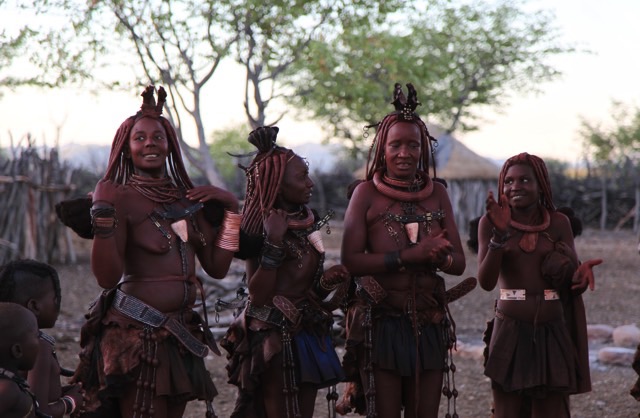
Watching vs. participating
Are you observing or taking part? Most commonly, you’ll be a spectator at local events; a dance, a race, a performance, but there may opportunities to participate, too. If such opportunities do present themselves, make sure you are invited by a local community member, and act respectfully, in accordance with social rules and traditions.
"Guests will always be guests," says Bannikin’s Natasha Martin. "Travelers are, for the most part, watching another culture, though they may have the chance to participate in a ritual."
"I would encourage tourists to consider leaving the camera behind. Sometimes capturing the experience also acts as a way of putting a wall between the visitor and the host/guide."
Keeping the culture alive or just for display?
As cultures evolve, languages, customs and rituals can become a thing of the past. Being able to preserve these, even if only for visitors, is important. "If visits from tourists are handled sensitively, in places where traditions are dwindling and in danger of dying out," says Abramson, "real engagement and sharing of knowledge enable locals to play an active role in maintaining their heritage."
Do you want to experience a culture as it is now, or as it was? Because a ritual or tradition is old, does that make it more important than the way people live today? Natasha Martin from Bannikin prefers to live in the now. "I’ve often found that experiencing ‘modern culture’ to be a much more interesting experience than what has been referred to as ‘frozen culture’ – cultural experiences that tourism boards and operators promote, but may not actually exist anymore."
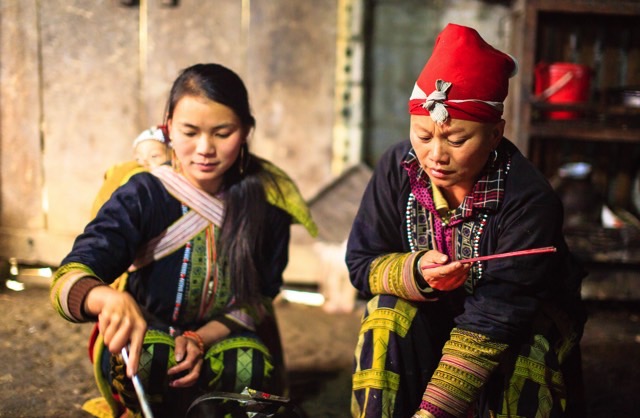
Being invited to join in vs. paying for the experience
Joining in a game of football with a group of locals or being invited to a local wedding are fantastic ways to meet people and experience their culture, while experiences you pay for might be less authentic but still worthwhile. Figueroa asks a good question: "Would you act differently when you invite friends for dinner versus having paying guests you don’t know come for a meal at your home?"
Who is benefitting?
"Cultural experiences are educational (as is all travel!)," says Martin. "I believe that if the exchange is genuine, both sides stand to benefit and learn."
If you do the right research and find travel with a reputable company and guide, the right tour or walk will benefit both you as the traveler and the local providing the service, through an exchange of ideas, customs and social interaction.
What would happen if the cultural tours stopped?
The biggest impact to communities who rely on tourists would be financial. Did they turn to tourism in the first place due a change in circumstances – a natural disaster, the end of a traditional industry – and will they be able to replace the income generated by tourism? A lesser impact would also be felt by visitors who could no longer learn about the culture and people of the place. Knowing your money is helping a community is a rewarding part of travel, especially if the experience is a financial imperative for that community.
Related articles
Simple and flexible travel insurance
You can buy at home or while traveling, and claim online from anywhere in the world. With 150+ adventure activities covered and 24/7 emergency assistance.
Get a quote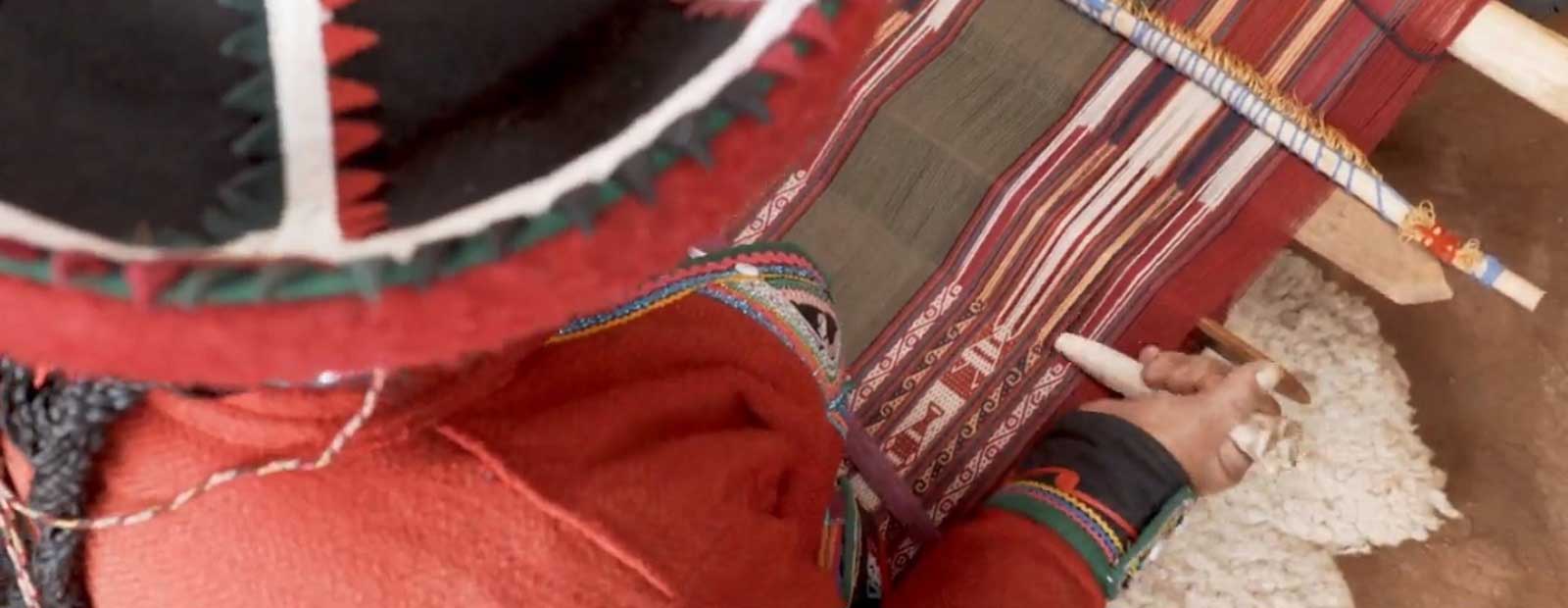
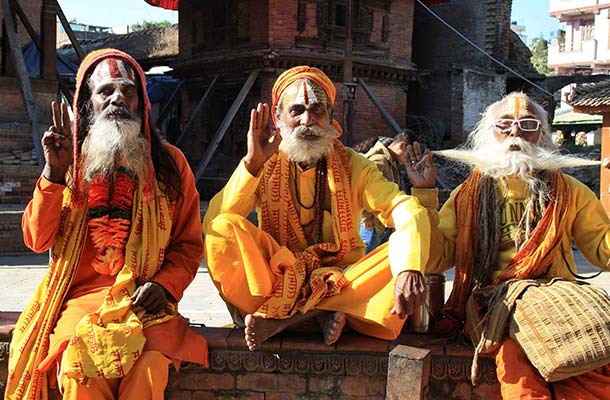
4 Comments
Interesting article along with the one about Nepal. Nothing beats getting to know a community and being part of genuine cultural celebrations.
Lucky enough to experience many trips staying in and helping local communities in Rural Nepal whilst building schools with Pahar Trust Nepal www.pahar-trust.org for more details
Do yourself a favour and go to Disneyland as in the not to distant future cultural tourisim will be regarded as an act of cultural vandalism that will be held in contempt - like deliberately trampling underfoot the flora and fauna of an endangered meadow. The social embarrassment of all those cultural and charitable holidiay selfies will be consigned to the recycle bin and wiped from memory. Should you wish to make a charitable economic impact you could always send local currency to a random address or waystation as a means of local distribution.
Good food for thought, certainly, but also the article assumes sort of the ideal case: that the cultural imperative of the importance of learning about other cultures is shared by the participants of the exchange. Currently travelling in Asia (S, SE), i find this rarely to be the case - locals tend to be satisfied by knowing which country the traveler comes from (presumably to assign a corresponding stereotype and be done with it). The exceptions to this are as refreshing as they are rare.
I also do not believe in the possibility of an authentic experience in the presence of a third party - say, an operator. As soon as money exchanges hands, there's an implicit barrier, even without cameras and other touristy fluff. The example with the dinner illustrates this well. The only viable option seems to be if this third party is hidden to the locals (such as another local who provides upfront info but doesn't engage) or fully transparent (say, local government).
Finally, Disneyfication is inevitable, and perhaps a natural propeller for pushing the evolution and meaning of tourism as a social institution forward. For instance, in Indonesia, most of the tourism is internal - and because of the wide popularity of social networks in the population, almost all experiences are manufactured as the locals actively seek that. This paradoxically results in a disappointing yet actually authentic display of the local 'selfie' culture for foreign tourists.
Thanks for this article! It got me thinking in terms of our accountability and impact as tourists -- something we so often forget while we're busy chasing that "authentic" experience. I took your article as a starting point for my post here: https://medium.com/@emileyoung/the-dark-side-of-adventure-travel-406ec183f9a8 . I'd love to hear your thoughts!